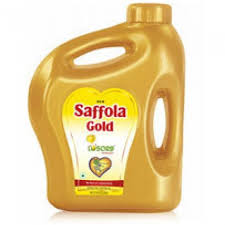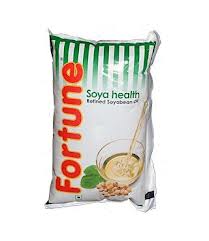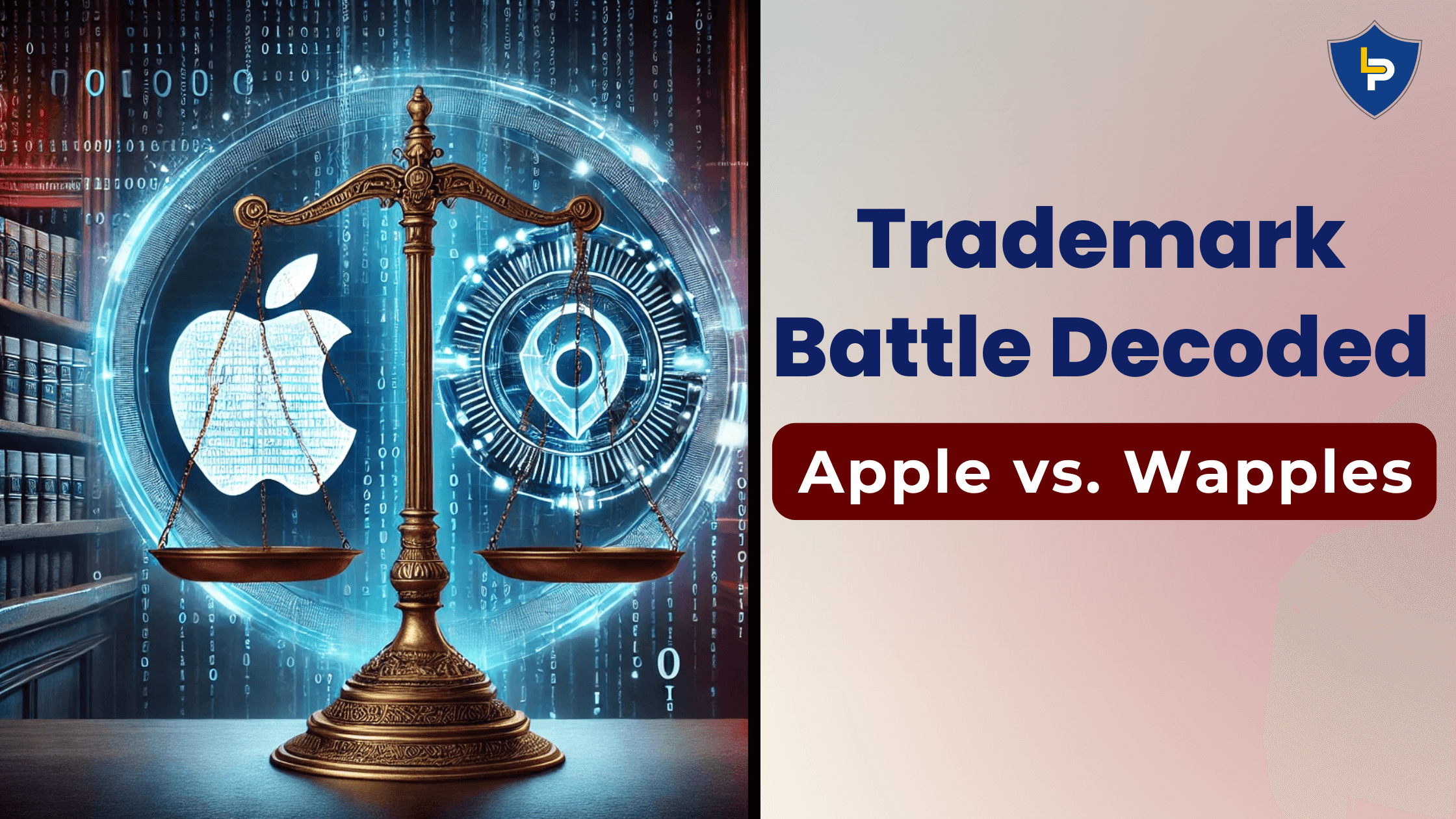Delhi High Court dismisses the appeal of Marico Limited in the case of comparative advertising case Marico Limited vs Adani Wilmar Limited.
Marico Limited filed two suits seeking permanent injunction restraining Adani Wilmar Limited from broadcasting, publishing and printing the advertisement of its product “Fortune”. Both the companies are the manufacturers of rice bran oil. Saffola is the brand name of the plaintiff’s product and the brand name of the defender is “Fortune”. The plaintiff argued that the advertisement of the defendant disparaged the goodwill and reputation of Saffola. The suite is a unique example of controversial comparative advertising.The plaintiff raised objections to the following claims and statements issued by the “Fortune” rice band oil in print and visual media.

-
- The healthiest cooking oil of the world.
- 100% RBO being 100% healthy.
- Healthier than other cooking oils.(It means it is healthier than Saffola brand rice brand oil)
- The product is good for not only heart; it is also good for cholesterol immunity, skin and hormones.
The plaintiff claimed that
- The advertisings are factually incorrect, vague and misleading.
- The claims were not scientifically or technically established.
- The advertisement was comparative in nature and it intentionally puffed up the competitor’s product.
- The reputation and the standing of the plaintiff were damaged due to the unfair and disparaging advertisement.
- The claims of the defendant violated S. 24 of the Food Safety and Standards Act, 2006.
The senior counsel of the plaintiff raised the following points in his arguments:-
The claim of highest Oryzanol content in Fortune oil is a misleading fact. Under the Food Act and the Notifications It is mandatory to have Oryzanol content not less than 1% in rice ban oil. As Saffola brand of the plaintiff is the mix of rice ban and other cooking oils, it also contains the same proportion of Oryzanol. No document was submitted by the defender in support of the claim that Oryzanol reduces the chance of cancer.
The claims of health benefits by defendants are derived from the popular beliefs or newspapers. There is no scientific evaluation of the claim.

The defendant produced a paper submitted by Mr. Michihiro Sugano and Mr. Etsuko Tsuji titled RBO and Cholesterol Metabolism presented at VIIth Asian Conference of Nutrition it is shown that the finding is of blend of 7 parts of RBO with 3 parts of Safflower Oil unexpectedly enhancing the cholesterol-lowering potential of RBO. Therefore, the claim “100% RBO being 100% healthy” is also false and misleading.
The plaintiff also informed that they also lodged a complaint against the advertisement with the Advertising Council of India and which complaint was partly allowed.
The senior counsel of defendant (Adani Wilmar Ltd.) contended that the said advertising only highlighted the qualities of their product Fortune without disparaging the goodwill of plaintiff’s product. In support of their claim, “100% RBO being 100% healthy”, they produced the documents three other RBOs namely ‘Ricela’, ‘Nutrela’ and ‘California Rice Oil Company’ which also claimed that the RBO is the healthiest oil. He also argued that the plaintiff has accused only the defendant, said nothing against the other three.
The division bench said that the court did not get any evidence of denigrating the plaintiff product in its advertising. The advertising informed the consumers that Oryzanol content in Saffola is less than Fortune. The plaintiff did not dispute the cholesterol reducing ability of Oryzanol or presence of Oryzanol in Saffola and Fortune . The court also observed that the advertisement was about showing that the defendant’s product was sufficient to meet the requirements of human body.
The court dismissed the appeal of defendant on the basis of its observation. Court also gave permission to Marico for withdrawing the appeal on 18th. April, 2013. Marico withdrew its appeal on 29th. April, 2013.
For more information, you may contact Lex Protector.

